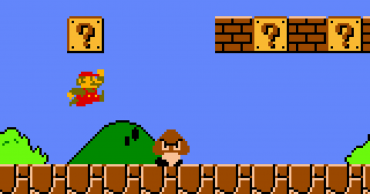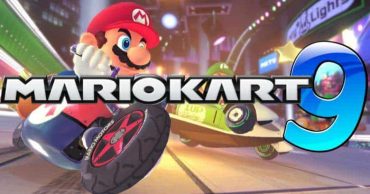
credit: Midnight Club 3
Racing video games have always been among the most popular, likely from the near-realistic feeling long associated with the earliest versions of video games within the genre or other factors that have associated the racing genre with adrenaline and high stakes for a memorable game. Various games have led the genre throughout the years as technology has also gotten better, from simple racing games on Atari and Nintendo 64 to much larger racing-style arcade cabinets that put the player in the driver’s seat to new games on current generations, such as Need for Speed, Grand Turismo, Burnout, and even newer franchises introduced under a decade ago. Below, we’ve detailed one of the more forgotten racing series that most may remember from the PlayStation 2 era, Midnight Club, and how it separated itself from other racing games at the time and how it didn’t.
Midnight Club: Street Racing
Midnight Club: Street Racing was first released in 2000 for PlayStation 2 and Game Boy Advance, with the Nintendo version being a dumbed-down, simplified version of the PS2 release, as has happened throughout Nintendo’s career with non-exclusives until the Nintendo Switch took advantage of cloud technology for games its hardware can’t technically handle. The Game Boy Advance version also featured a troublesome save feature that required a password with each save, thus causing potential progress loss with each save. The first Midnight Club video game featured the player as a New York taxi driver who discovers the racing club. After using the taxi early in the game, the player could progress to new cars and locations, including London from New York, across various races to continually prove their worth. The original Midnight Club video game wasn’t the most unique. Still, when graphics weren’t the highest quality of any game then, the game did well enough on its minor story and gameplay for sequels to be created from the initial game.

credit: Midnight Club: Los Angeles
Midnight Club Video Game Series Sequels
Sequels for Midnight Club never drew more praise than the ever-growing Need for Speed series and were more realistic than Mario Kart. Still, they did a good enough job standing out from others, even with unbranded cars in the first entry of the Midnight Club video game series. The first sequel in the Midnight Club video game series was Midnight Club II, a direct sequel to the first game, released in 2003, and the first to introduce motorcycles into the series. Midnight Club II was released first for the PlayStation 2 exclusively before being released elsewhere, much like Midnight Club: Street Racing. Other sequels released for the Midnight Club video game series included Midnight Club 3: DUB Edition and its re-release, which was released in partnership with Rockstar and DUB Magazine and was the first to feature genuine car brands, and Midnight Club: Los Angeles, which also got a few re-releases. Midnight Club 3 was released only once as a re-release, as a Greatest Hits and Platinum Hits title for PlayStation 2 and Xbox, respectively. Still, Midnight Club: Los Angeles, the last release in the Midnight Club video game series, saw its original release, a remix release, and finally, a complete edition.

credit: Midnight Club: Los Angeles
Possible Return of Midnight Club Video Game Series
While the last original Midnight Club video game, Midnight Club: Los Angeles, was released in 2008, that same year also saw Midnight Club: L.A. Remix and the next year saw Midnight Club: Los Angeles Complete Edition, so the franchise has been silent for the most part since its last release, but Rockstar has been so active on their other series that they make a return to purely racing with a new Midnight Club installment in the video game series. The last time that Midnight Club was referenced by a potential developer of a future installment was when Rockstar had slowly shut down the studio associated with the game. However, Take-Two Interactive, the parent company of Rockstar, reinstated its trademark for the Midnight Club video game series in 2012. However, that was the closest the Midnight Club video game series came to resurfacing on modern consoles to reclaim some spotlight in the racing genre. Since they acquired American video game developer Zynga, the Midnight Club series has been mentioned in quarterly earnings calls. Still, there has never been any word on a reboot, sequel, or anything related to the franchise. Typically, fans would become hopeful when companies behind giant franchises would reference the games of the past, such as with the earnings calls, six times consecutively, of Take-Two Interactive, as mentioned above. Still, Take-Two Interactive has used the Midnight Club video game series in this aspect to project the various genres that Rockstar Games has touched on, with no word on any legit revival, reboot, or sequel.
 Follow Us
Follow Us





